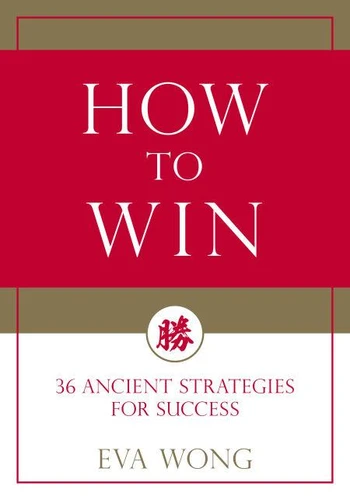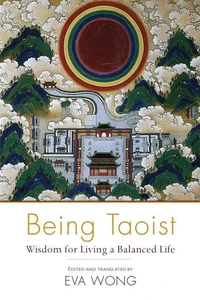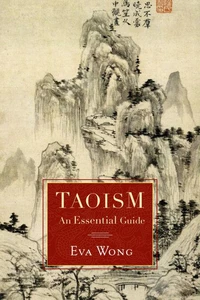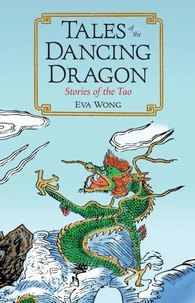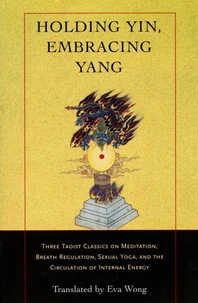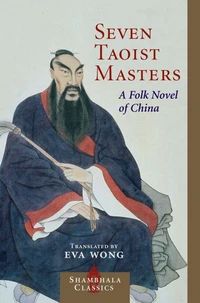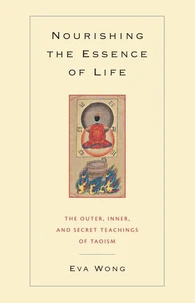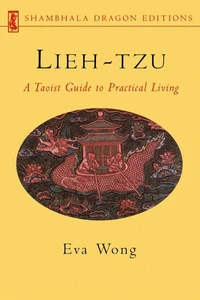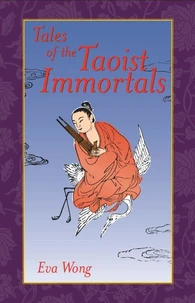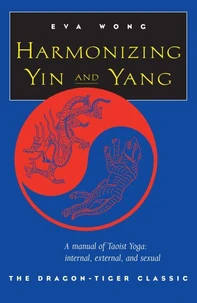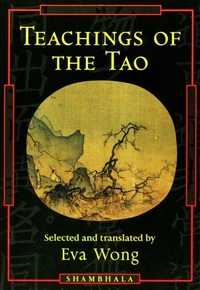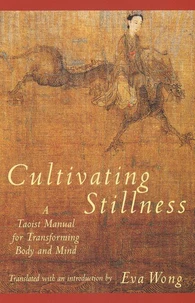How to Win. 36 Ancient Strategies for Success
Par :Formats :
Disponible dans votre compte client Decitre ou Furet du Nord dès validation de votre commande. Le format ePub protégé est :
- Compatible avec une lecture sur My Vivlio (smartphone, tablette, ordinateur)
- Compatible avec une lecture sur liseuses Vivlio
- Pour les liseuses autres que Vivlio, vous devez utiliser le logiciel Adobe Digital Edition. Non compatible avec la lecture sur les liseuses Kindle, Remarkable et Sony
- Non compatible avec un achat hors France métropolitaine
 , qui est-ce ?
, qui est-ce ?Notre partenaire de plateforme de lecture numérique où vous retrouverez l'ensemble de vos ebooks gratuitement
Pour en savoir plus sur nos ebooks, consultez notre aide en ligne ici
- Nombre de pages208
- FormatePub
- ISBN978-0-8348-4290-8
- EAN9780834842908
- Date de parution02/06/2020
- Protection num.Adobe DRM
- Taille829 Ko
- Infos supplémentairesepub
- ÉditeurShambhala
Résumé
Potent advice on how to think and act strategically in business, politics, and relationships--drawn from classic Chinese military and political expertise. The ancient strategies of war and politics have much to offer us in navigating the complicated challenges we face today--and to help us wisely and effectively meet our business, political, and relational goals. Here, eminent Chinese scholar and Taoist teacher Eva Wong unpacks the wisdom of The Thirty-Six Strategies, a collection of advice encoded in sayings, steeped in Chinese history and culture.
She explores strategies attributed to renowned military philosophers such as Sun Tzu and Zhuge Liang (aka "The Sleeping Dragon"), along with other less-known advisors, that were implemented during three of the most chaotic eras of Chinese history--the Spring and Autumn Period, the Warring States Period, and the Three Kingdoms. Covering three categories of strategy--proactive, reactive, and desperate--Wong expertly connects the words of ancient military philosophers with timeless advice, as useful today as it was in the Tang dynasty (618-906) when this collection was originally gathered.
In Chinese military philosophy and political theory, the thirty-six strategies are considered "yin" or "shadow" in nature, meaning that they operate best in darkness and concealment. As Wong writes, "Desperate times call for desperate measures, and since the thirty-six strategies rose out of times of war and conflict, it is inevitable that they were used to win wars, triumph over opponents, take advantage of situations, and survive when defeat is imminent."
She explores strategies attributed to renowned military philosophers such as Sun Tzu and Zhuge Liang (aka "The Sleeping Dragon"), along with other less-known advisors, that were implemented during three of the most chaotic eras of Chinese history--the Spring and Autumn Period, the Warring States Period, and the Three Kingdoms. Covering three categories of strategy--proactive, reactive, and desperate--Wong expertly connects the words of ancient military philosophers with timeless advice, as useful today as it was in the Tang dynasty (618-906) when this collection was originally gathered.
In Chinese military philosophy and political theory, the thirty-six strategies are considered "yin" or "shadow" in nature, meaning that they operate best in darkness and concealment. As Wong writes, "Desperate times call for desperate measures, and since the thirty-six strategies rose out of times of war and conflict, it is inevitable that they were used to win wars, triumph over opponents, take advantage of situations, and survive when defeat is imminent."
Potent advice on how to think and act strategically in business, politics, and relationships--drawn from classic Chinese military and political expertise. The ancient strategies of war and politics have much to offer us in navigating the complicated challenges we face today--and to help us wisely and effectively meet our business, political, and relational goals. Here, eminent Chinese scholar and Taoist teacher Eva Wong unpacks the wisdom of The Thirty-Six Strategies, a collection of advice encoded in sayings, steeped in Chinese history and culture.
She explores strategies attributed to renowned military philosophers such as Sun Tzu and Zhuge Liang (aka "The Sleeping Dragon"), along with other less-known advisors, that were implemented during three of the most chaotic eras of Chinese history--the Spring and Autumn Period, the Warring States Period, and the Three Kingdoms. Covering three categories of strategy--proactive, reactive, and desperate--Wong expertly connects the words of ancient military philosophers with timeless advice, as useful today as it was in the Tang dynasty (618-906) when this collection was originally gathered.
In Chinese military philosophy and political theory, the thirty-six strategies are considered "yin" or "shadow" in nature, meaning that they operate best in darkness and concealment. As Wong writes, "Desperate times call for desperate measures, and since the thirty-six strategies rose out of times of war and conflict, it is inevitable that they were used to win wars, triumph over opponents, take advantage of situations, and survive when defeat is imminent."
She explores strategies attributed to renowned military philosophers such as Sun Tzu and Zhuge Liang (aka "The Sleeping Dragon"), along with other less-known advisors, that were implemented during three of the most chaotic eras of Chinese history--the Spring and Autumn Period, the Warring States Period, and the Three Kingdoms. Covering three categories of strategy--proactive, reactive, and desperate--Wong expertly connects the words of ancient military philosophers with timeless advice, as useful today as it was in the Tang dynasty (618-906) when this collection was originally gathered.
In Chinese military philosophy and political theory, the thirty-six strategies are considered "yin" or "shadow" in nature, meaning that they operate best in darkness and concealment. As Wong writes, "Desperate times call for desperate measures, and since the thirty-six strategies rose out of times of war and conflict, it is inevitable that they were used to win wars, triumph over opponents, take advantage of situations, and survive when defeat is imminent."

